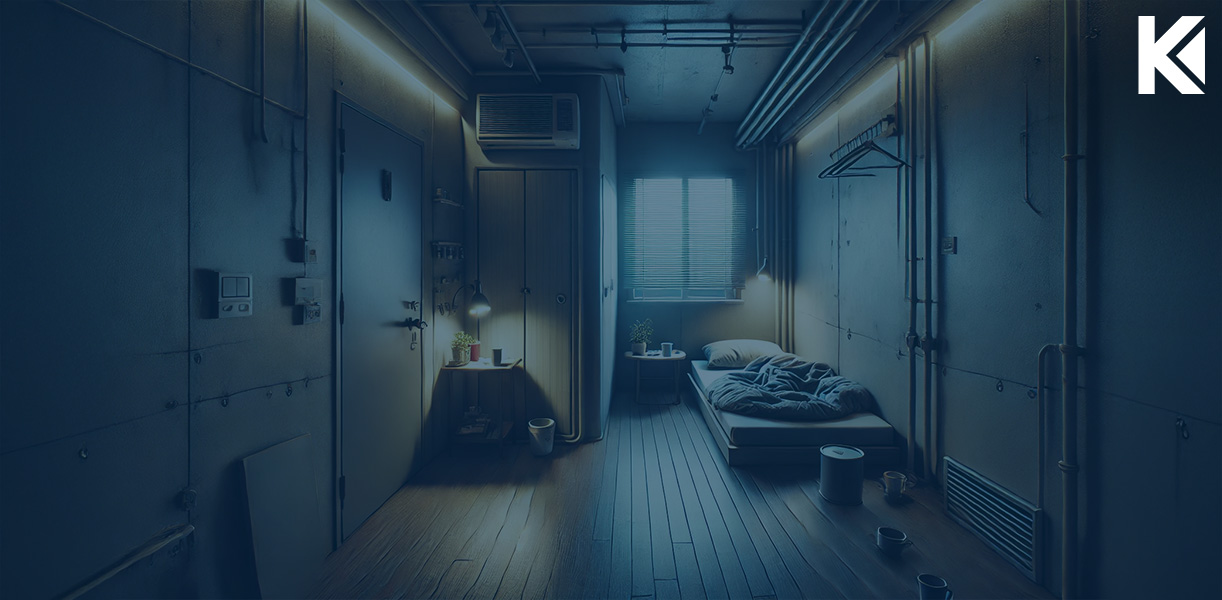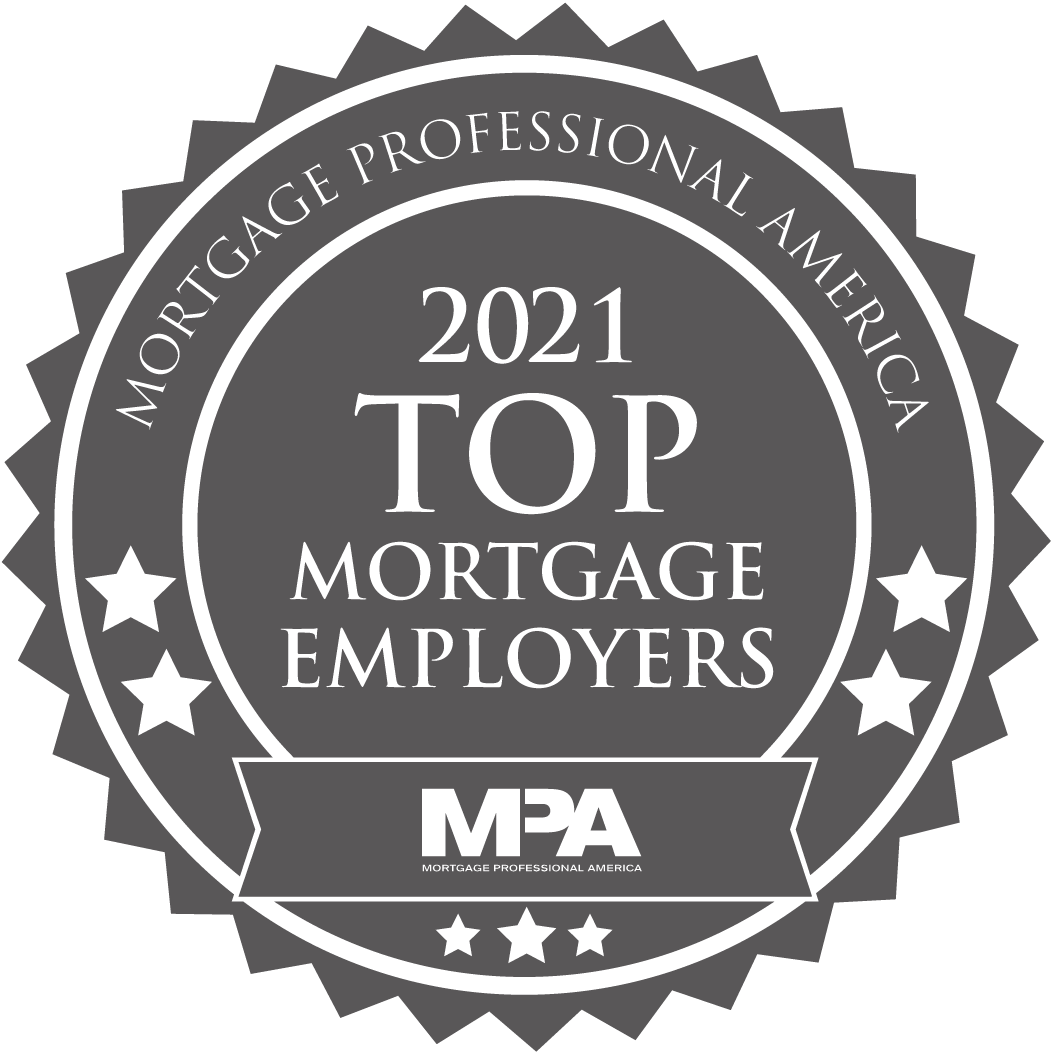Finding an apartment can be an exciting but challenging process, especially in areas with limited housing options. While affordable or unique rentals might seem appealing, some listings could turn out to be illegal units—spaces that don’t comply with housing codes or zoning laws. Renting an illegal unit can expose you to risks like eviction, unsafe conditions, and legal issues. This guide will help you identify illegal units and protect yourself during your apartment search.
What Is an Illegal Unit?
An illegal unit is a rental space that has been constructed or converted without proper permits or adherence to local building codes. These units often fail to meet safety, zoning, or habitability standards, making them risky for tenants.
Examples of Illegal Units:
- Basement apartments without proper exits or ventilation.
- Garage conversions without permits.
- Attics or backyard sheds repurposed into living spaces.
Risks of Renting an Illegal Unit
- Eviction at Any Time
If a landlord is caught renting an illegal unit, you could be forced to move out immediately, often with little or no notice. - Unsafe Living Conditions
Illegal units often lack essential safety features like fire exits, proper electrical wiring, and adequate plumbing, putting your health and safety at risk. - Financial Loss
Your security deposit and rent payments may not be protected under tenant laws if the unit is illegal. You may also lose money if forced to move suddenly. - Limited Legal Recourse
Since illegal units violate local laws, tenants may have fewer legal protections in disputes with landlords.
How to Identify an Illegal Unit
Here are the signs to watch for when evaluating a potential apartment:
- Lack of a Private Entrance
A legal rental unit typically has its own entrance that meets safety standards. If you need to pass through someone’s living space, it’s a red flag. - Insufficient Windows and Ventilation
Living spaces should have proper windows for light and ventilation. Basements, attics, or garage units without windows may not meet safety codes. - No Proper Utilities or Heating
Illegal units may lack separate utility connections, like electric meters or heating systems. A legal unit should provide adequate heating, water, and power. - Converted Spaces Without Permits
If the space looks like it used to be a garage, shed, or basement and doesn’t appear properly renovated, it may be unpermitted. Check for mismatched finishes or makeshift setups. - Missing Address or Unit Number
Legal apartments typically have an address or unit number. If the rental has no clear identification, it could be a sign it’s unregistered. - Inconsistent Rent and Lease Terms
If a landlord offers unusually low rent or insists on informal lease agreements (like verbal agreements or cash-only payments), proceed cautiously. - Check Local Housing Records
Many cities allow you to check whether a unit has been permitted for rental use. Contact the local housing authority or zoning office for verification.
Steps to Protect Yourself During Your Apartment Search
1.Ask Questions
Before signing any lease, ask the landlord:
- Is the unit permitted for rental?
- Are there separate utility connections for the unit?
- Can I see proof of permits?
A reputable landlord will provide clear answers and documentation.
2.Research the Property
Use online resources or contact your city’s housing department to confirm the property’s rental status. Look up zoning records or housing permits to ensure the unit is legal.
3.Inspect the Unit Thoroughly
- Check for fire exits, smoke detectors, and proper ventilation.
- Verify that the plumbing, heating, and electrical systems are functioning safely.
- Look for mold, dampness, or other signs of poor maintenance.
4.Get a Written Lease
Always insist on a formal, written lease that outlines rent terms, responsibilities, and tenant rights. Avoid landlords who refuse to provide documentation.
5.Trust Your Instincts
If something feels off about the unit, it’s better to walk away than risk your safety or financial stability.
Conclusion
While an apartment that seems too good to be true might be tempting, it’s essential to ensure the unit is legal and meets safety standards. Renting an illegal unit can lead to sudden evictions, unsafe conditions, and financial losses. Protect yourself by asking the right questions, researching the property, and inspecting the unit carefully before signing any lease. With the right precautions, you can find a safe, legal, and comfortable apartment to call home.






